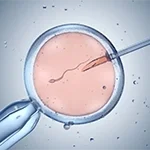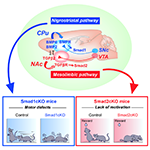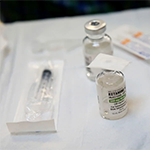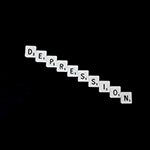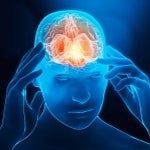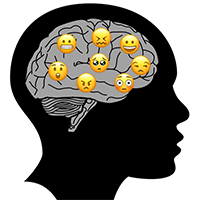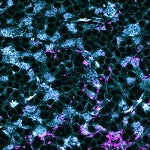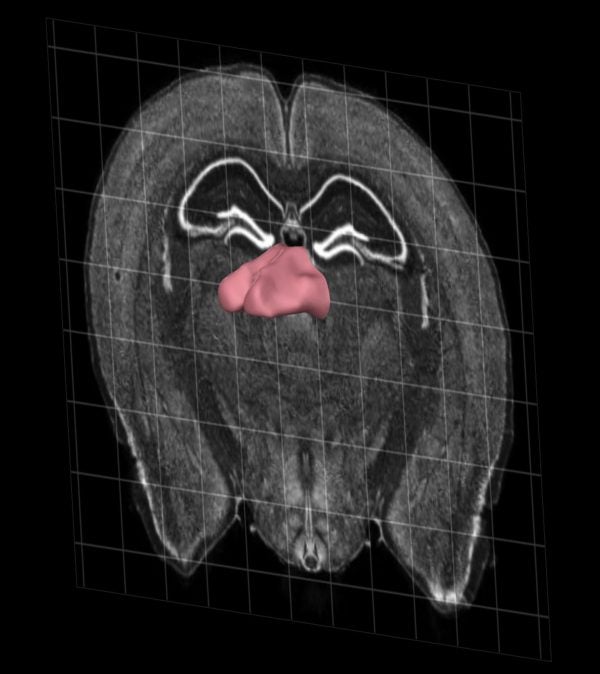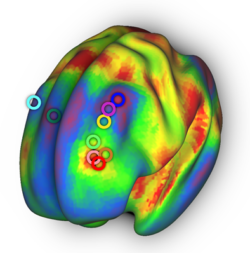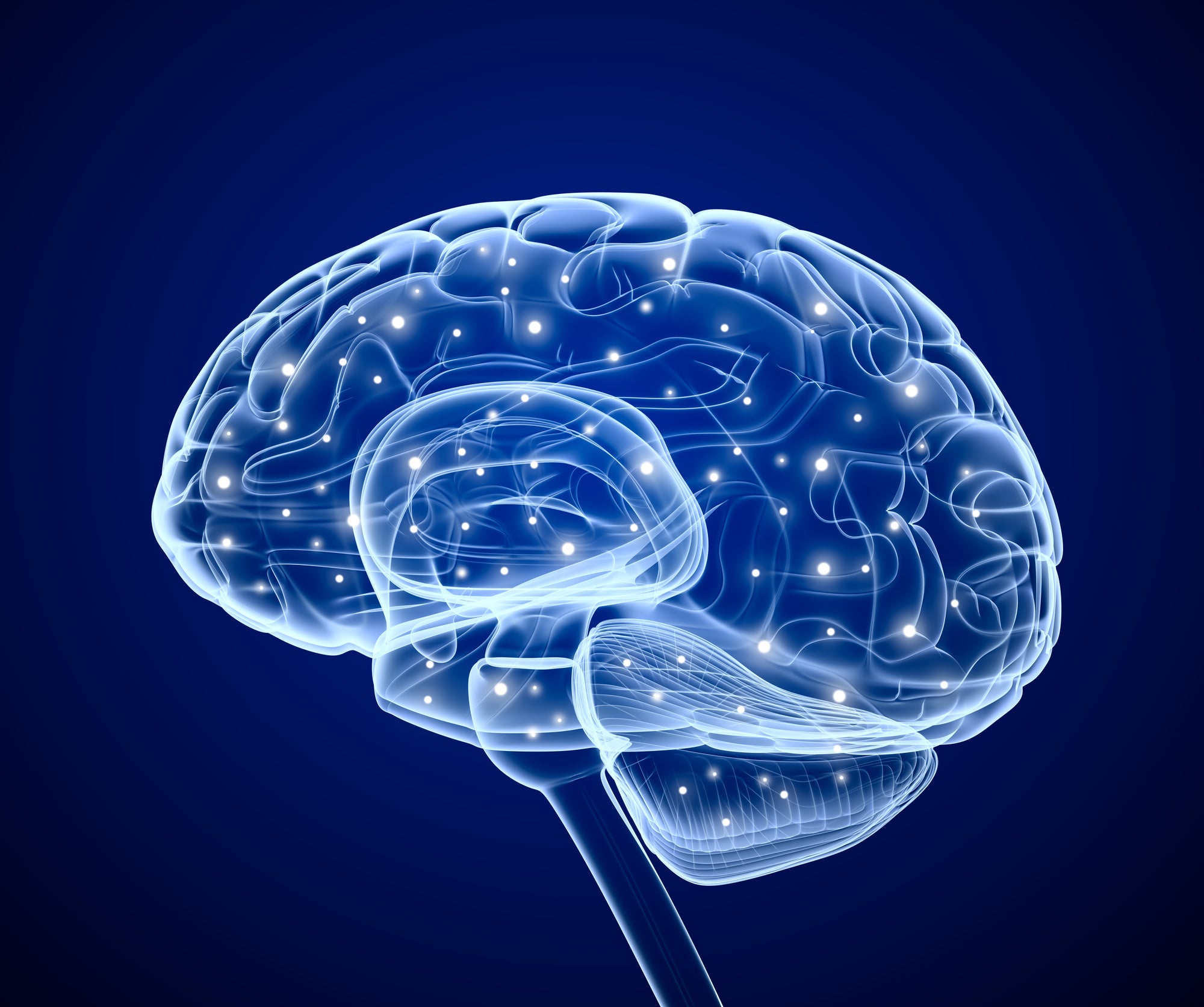Neuro Topics - Depression
SEARCH OTHER RESEARCH AREAS
August 6, 2024
Joe Kossowsky and colleagues (first author Danielle A Wallace) found that participants who spent more time in bright light had more regular sleep, and that more regular sleep was associated with lower depression symptoms and lower odds of mild or severe depression
Original article in: JAMA Network Open >
November 13, 2023
Harvard Gazette article on new research from David Mischoulon and colleagues, first author Maren B. Nyer, showing that in a randomized controlled clinical trial of adults with moderate-to-severe depression, those who participated in heated yoga sessions experienced significantly greater reductions in depressive symptoms compared with a control group.
Original article in: Journal of Clinical Psychiatry >
November 13, 2023
Harvard Gazette article on new research from Martin Kathrins and colleagues, first author Zachary Walker, assessing the effects of anxiety and depression in men on fertility and IVF outcomes. They found no correlation between anxiety, regardless of antidepressant use, and IVF outcomes or live birth rate.
Original article in: Human Reproduction >
October 6, 2023
Akiko Terauchi and Hisashi Umemori share new research that identified the pathway-specific signals that establish functionally segregated dopaminergic synaptic connections in the mammalian brain. The findings may provide strategies to treat pathway-specific disease symptoms in diseases like Parkinson's disease, schizophrenia, and depression, by targeting the pathway-specific molecular signals.
Original article in: Cell >
September 13, 2023
HMS News article on new research from Sharon K. Inouye and colleagues from Harvard Medical School and Hebrew SeniorLife, pinpointing several risk factors that contributed to older adults’ likelihood of experiencing loneliness, including older age, inability to complete daily activities, vision impairment, depression, and anxiety.
Original article in: American Journal of Geriatric Psychiatry >
June 16, 2023
Harvard Gazette article on a Mass. General Brigham led clinical trial (first author Amit Anand). Of the 403 patients studied, they found that 55 percent of those receiving ketamine treatment experienced a sustained improvement in depressive symptoms without major side effects.
Original article in: New England Journal of Medicine >
April 20, 2023
HMS News article on new research from Rebecca Robbins and colleagues finding that in-person interactions with friends, family, and health care providers were associated with fewer mental health concerns. In contrast, interactions using digital technologies, including emails and video calls, were associated with feelings of depression and anxiety about COVID-19.
Original article in: Journal of Applied Gerontology >
March 31, 2022
Yiwen Zhu and colleagues from Erin Dunn’s lab examined in humans the effect of genes previously shown to influence the timing of sensitive periods in animals and the interplay between these genetic factors and exposure to commonly occurring childhood adversities on depression risk. They found that genes regulating sensitive periods associated with depression risk and their expression levels varied over the course of development.
Original article in: Neuropsychopharmacology >
March 8, 2022
HMS News article on new research from Marco Loggia and colleagues, first author Ludovica Brusaferri, suggesting that pandemic-related stressors may lead to brain inflammation in people not infected with SARS-CoV-2.
Original article in: Brain, Behavior, and Immunity >
February 7, 2022
HMS News article on new research from Roy Perlis and colleagues showing links between depressive symptoms and belief in false statements.
Original article in: JAMA Network Open >
August 30, 2021
Beth Israel Deaconess Medical Center press release on new research from the lab of Mark Andermann, first author Stephen X. Zhang, uncovering the precise hypothalamic neurons that regulate the drive to engage in mating behaviors in mice.
Original article in: Nature >
May 4, 2021
HMS News article on new research from the Harvard Medical School and Cambridge Health Alliance’s Health Equity Research Lab, first author Ana Progovac, finding that transgender and gender-diverse (TGD) patients in an urban safety-net health system experienced more suicide attempts, suicidal ideation, and violence victimization than other patients in the health system
Original article in: World Medical & Health Policy >
April 30, 2021
David G. Weissman shares new research from the labs of Katie McLaughlin and Leah Somerville, investigating if low emotional awareness contributes to the severity of mental health problems in teenagers.
Original article in: Clinical Psychological Science >
April 23, 2021
Harvard Gazette article on new research from Katie A. McLaughlin and colleagues, first author Jorge Cuartas, suggesting that spanking may affect a child’s brain development in ways similar to more severe forms of violence.
Original article in: Child Development >
February 19, 2021
Stephanie Rudolph shares new research she performed while a postdoc in Wade Regehr's lab showing that the cerebellum can regulate behavior in a sex-specific manner. She found that deletion of a hormone-sensitive GABA receptor subunit from the cerebellum resulted in increased stress-related behaviors in female but not male mice. Future research targeting these GABA receptors may help identify therapeutic approaches for sex-biased neurodevelopmental & psychiatric disorders involving the cerebellum
Original article in: Cell Reports >
September 10, 2020
Harvard Gazette article on a new study from Erin Dunn and colleagues, first author Katherine Crawford, finding that the loss of a pet can potentially trigger mental health issues in children.
Original article in: European Child & Adolescent Psychiatry >
August 24, 2020
HMS News article on new research from Karmel Choi, Jordan Smoller, and colleagues, finding that social connection is the strongest protective factor for depression.
Original article in: The American Journal of Psychiatry >
May 27, 2020
New findings by Mike Wallace and colleagues in the Sabatini lab suggest that the habenula contains distinct sub-circuits that control two neuromodulatory centers important for mood, motivation, and depression.
Original article in: eLife >
May 15, 2020
By Shan H. Siddiqi, MD:
We’ve known for over a century that different brain regions have different functions. Now we can finally translate this into symptom-specific treatment targets.
Original article in: American Journal of Psychiatry >
May 13, 2020
The Longwood Chorus has recently released a music video featuring a virtual performance of “Bridge Over Troubled Water”, highlighting members' contributions to fighting COVID-19.
Original article in: American Journal of Psychiatry >
May 1, 2020
Round up of awards and honors earned by the HBI community.
Original article in: American Journal of Psychiatry >
September 30, 2019
HMS News article on new research from the lab of Mark Weisskopf, first author Andrea Roberts, and colleagues suggesting that longer careers and playing position each appear to spell greater long-term risk for serious cognitive problems in NFL players.
Original article in: American Journal of Sports Medicine >
April 15, 2019
Brain imaging reveals neural network changes that may explain resistance to changes in brain structures caused by childhood maltreatment.
Original article in: Biological Psychiatry >
April 9, 2019
HMS News article on a new study from the lab of Joseph DeGutis (first author Elizabeth Riley) shedding light on associations between psychological distress symptoms and cognitive dysfunction in returning combat veterans.
Original article in: Neuropsychology >
January 29, 2019
Harvard Gazette article highlighting a large international genetic study from the teams of Michael Weedon (University of Exeter), Richa Saxena (MGH), and colleagues (co-lead authors Samuel Jones and Jacqueline Lane), shedding new light on the body clock and its links to mental health.
Original article in: Nature Communications >
September 28, 2018
BCH Vector Blog post on new research from the labs of Charles Nelson and colleagues, involving children in Romanian orphanages—tells cautionary tale about the psychiatric and social risks of family separation
Original article in: JAMA Psychiatry >



